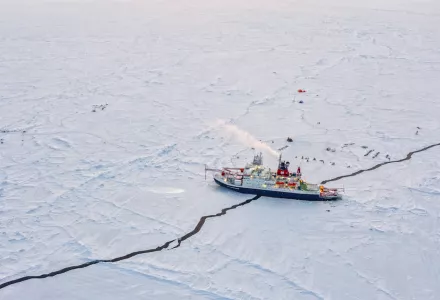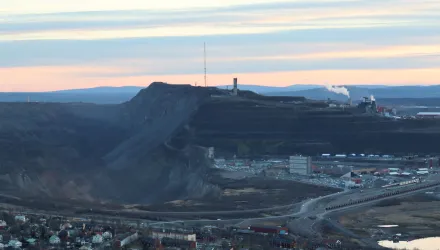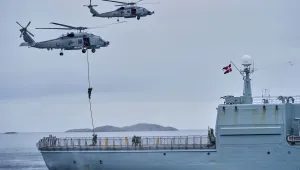Following Russia's invasion of Ukraine in 2022, the Arctic Council, the principal forum for regional governance, found itself in uncharted waters when the seven western Arctic states opted to cease their participation in protest against Russia’s actions. Fast forward to 2023: while the Council's Chairship has transitioned to Norway, the path to reinvigorated collaboration remains obscured. The crux of the dilemma lies in the interplay between the pressing need for cooperation in areas like climate science and emergency preparedness and the overarching geopolitical tensions stemming from Russia's actions in Ukraine and the subsequent expansion of NATO to include Finland and Sweden, both Arctic states.
The Arctic Initiative, Fridtjof Nansen Institute (FNI), the Center for Ocean Governance at the Norwegian Institute of International Affairs (NUPI), and the Wilson Center's Polar Institute hosted a panel of international experts to unpack the Arctic's intricate challenges and their global ramifications, from international politics to climate impacts. The session aimed to contextualize the Arctic’s role on the global stage, unpack the challenges the region currently faces, and explore potential avenues for reigniting working-level cooperation in essential areas.













